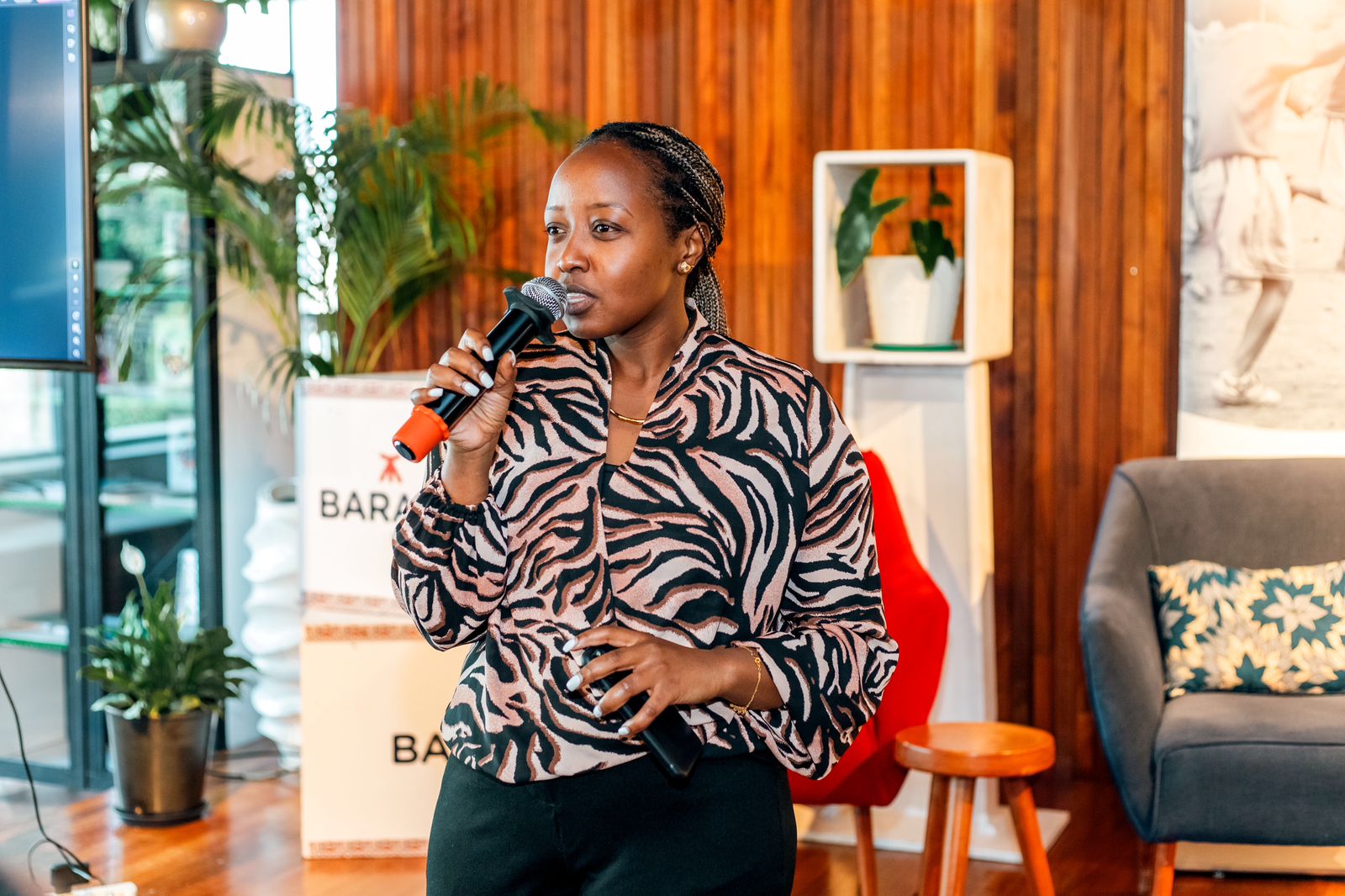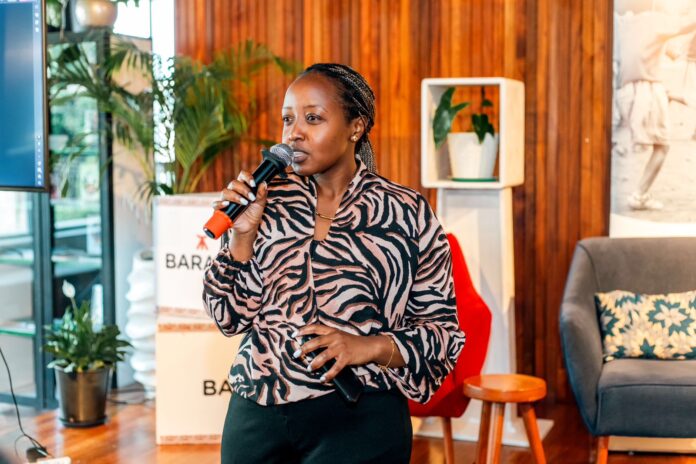By Omboki Monayo
Nairobi, Kenya: In the run-up to the auspicious event that is marked across the continent’s 51 countries, the Wakilisha Initiative held an interactive session on June 12, 2024, incorporating various stakeholders including children, child rights activists, civil society organizations, lawyers, court officers, and journalists.
Every year, the African Union (AU) and member states celebrate the Day of the African Child on June 16th, to commemorate the 1976 Soweto Uprising in South Africa and to raise awareness of the needs of African children. The AU theme for the Day of the African Child in 2024 is “Education for all Children in Africa: the Time is Now.”
Among the powerful presentations made at the Nairobi edition of the event, which took place at the Baraza Media Lab, was an update on the efforts to ensure that children in conflict with the law are protected with zero violation of their rights. Addressing the well-attended event, Ms. Patricia Munge, representing Hon. Justice Matheka, who leads the Justice for Children program, revealed that the program seeks to address children’s issues during and after their interaction with the justice system.
She said the Justice for Children program, which the National Council runs for the Administration of Justice, looks at children’s issues. “We work together to address children’s issues with bodies such as the Children’s Assembly, which submits memos on issues they want to see addressed. We also collaborate with the Law Society of Kenya (LSK), the National Police Service (NPS), the National Council for Children’s Services (NCCS), the National Industrial Training Authority (NITA), and other statutory and private bodies,” said Ms. Matheka.
Children in conflict with the law are defined as those going through the court process, victims, or survivors.
Ms. Matheka said children in correctional facilities have some level of educational facilities for minors who are inmates but added that they are limited in terms of funding and qualified personnel.
Citing Kamiti Maximum Security Prison, she said the challenges have narrowed the available educational options for children in custody. “Kamiti Prison has a school, classes, a vocational training center, a computer training school, a mechanics training facility, and others. It’s, however, sadly under-resourced. There is only one language teacher who cannot teach STEM courses, in addition to the obstacle of insufficient books for training them in technical courses. To ensure they are adequately trained in vocational skills, the Ministry of Education should look urgently into the issue,” she said.

Ms. Matheka reminded attendees that conventional education is normally interrupted for minors once they become guests of the state as inmates. Many of them, she pointed out, do not wish to return to ordinary schools once they regain their freedom. “School is suspended for such learners during their stay in the correctional departments. When they finally come out of the system, many don’t feel like going back into the conventional school system,” says Ms. Matheka.
She asked stakeholders in the child welfare sub-sector to support the children in their rehabilitation efforts. “Let us think of innovative ways to get them back into the educational cycle once they are released from the correctional departments. Some of the options include vocational education, skills training, and talent development,” she said.
Fast forward to recent events, and the country witnessed an unprecedented scale of chaos as recent demonstrations held by the vibrant and vocal Gen Z youths protesting against the 2024/25 Finance Bill rocked the country. So far, some 41 Kenyans have lost their lives as a result of the demos, including a 12-year-old boy, Kennedy Onyango. Unfortunately, other children are also caught up in this crisis.
Among the 185 protestors who were arrested during anti-government demos were 18 minors. They were charged at Milimani Children’s Court on July 4, 2027.
During the proceedings, a 16-year-old boy collapsed after stating that he was hungry following detention.
When she learned that the arrested minors and adults had gone without food for over 24 hours, Senior Principal Magistrate Wandia Nyamu who was presiding over the session directed the judiciary to supply milk to the accused.
The court observed that children are vulnerable members of society who deserve humane treatment. “Children are vulnerable members of society and deserve to be treated humanely,” SPM Nyamu directed.
The minors were later granted a Sh10,000 bond each, while adults received Sh50,000.
On her part, LSK president Faith Odhiambo stated that the minors will be held at Capitol Hill police station. In contrast, the adults will be released once they provide information about their close family and relatives.
“The court has granted each of the children arrested a personal bond of Sh.10,000 and has ordered that they be held at Capitol Hill police station separate from the adults as they provide details of their parents as per the bond terms,” Odhiambo stated on X.
Bearing in mind that the minors in custody have not been able to attend school, it is now more important than ever to reexamine the necessity to ensure that the rights of children in conflict with the law are not only stipulated in the laws of the land like the Children’s Act and related regulations but vigorously protected and upheld.














